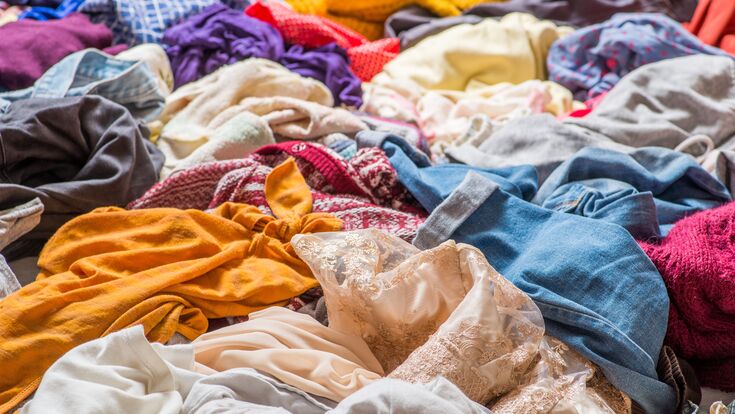Textile waste : EU wants EPR schemes for textiles

The European Commission is proposing rules to make producers responsible for the whole life-cycle of textile products and to support the sustainable management of textile waste across the EU. The aim of this initiative is to accelerate the development of the separate collection, sorting, re-use and recycling of textiles in the EU, in line with the EU Strategy for Sustainable and Circular Textiles. Increasing the availability of used textiles is expected to create local jobs and save money for consumers in the EU and beyond, while reducing the impact of textile production on natural resources.
Furthermore, the Commission proposes to introduce mandatory and harmonised Extended Producer Responsibility (EPR) schemes for textiles in all EU Member States. EPR schemes have been successful in improving the management of waste from a range of products such as packaging, batteries and electrical and electronic equipment. Producers cover the costs of managing textile waste, which also gives them an incentive to reduce waste and increase the circularity of textile products - designing better products from the start.
How much producers pay into the EPR scheme will be adjusted according to the environmental performance of textiles, a principle known as 'eco-modulation'.
The producer pays-principle
EU common rules on extended producer responsibility will also make it easier for Member States to implement the requirement to collect textiles separately from 2025, in line with current legislation. Producer contributions will finance investment in separate collection, sorting, re-use and recycling capacity. The proposed waste management rules aim to ensure that used textiles are sorted for re-use and that what cannot be re-used is prioritised for recycling. Social enterprises active in the collection and treatment of textiles will benefit from increased business opportunities and a larger market for used textiles.
The proposal will also support research and development of innovative technologies for the circularity of the textile sector, such as fibre-to-fibre recycling.
Like what you read? Subscribe to our newsletters!
Fighting illegal waste exports
The proposal also addresses the problem of illegal exports of textile waste to countries ill-equipped to deal with it. The new law would clarify what is considered waste and what is considered reusable textiles, in order to stop the practice of exporting waste disguised as reuse. This will complement measures under the proposal for a new Waste Shipment Regulation, which will ensure that shipments of textile waste only take place if there are guarantees that the waste will be managed in an environmentally sound manner.
The Commission's proposal for a targeted revision of the Waste Framework Directive will now be examined by the European Parliament and the Council under the ordinary legislative procedure.
